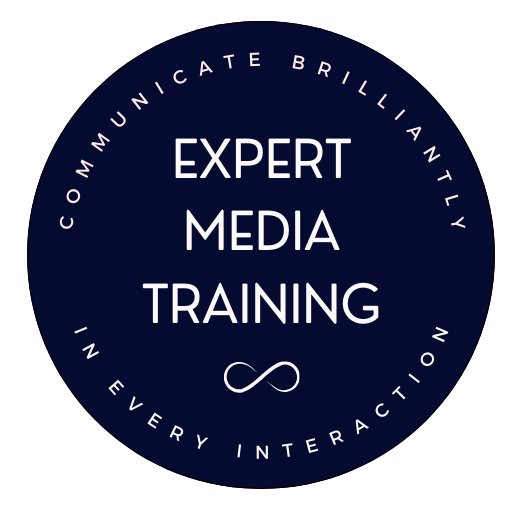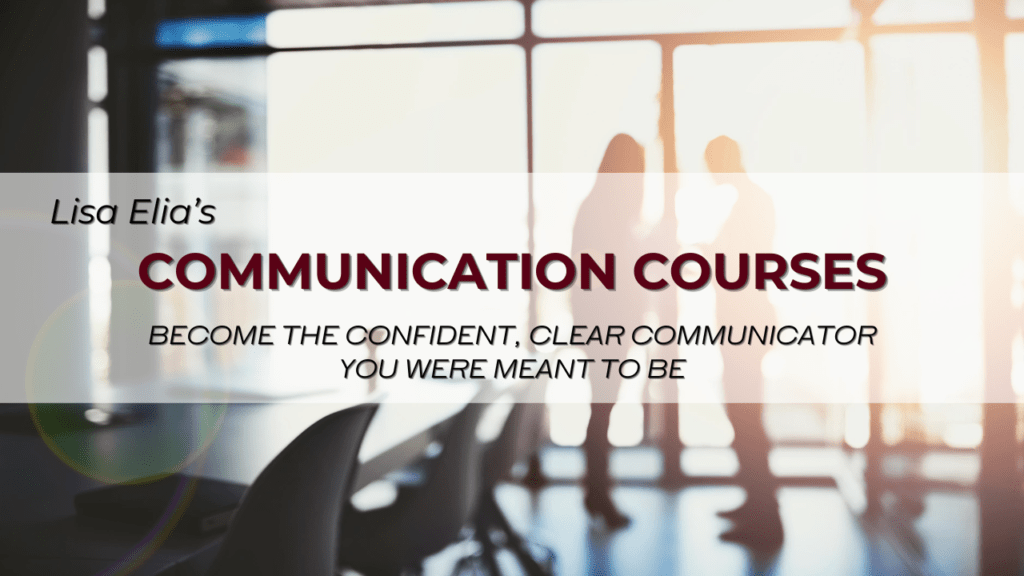Verbatim memorization of a speech or responses to interview questions can detach you from your content and from the very people you’re trying to reach; the audience, the interviewer, investors.
Memorization places your focus on remembering exact words and phrases, instead of where it should be, which is on communicating your ideas or information with emotion and effectiveness.
For the vast majority of people, attempting to deliver word-for-word speeches, pitches or interview responses backfires. Here are a few reasons I don’t recommend verbatim memorization:
1. Memorizing content word-for-word can detach you from the meaning of the words. Saying something the exact same way over and over can dull the emotions attached to your content to a point where it almost becomes meaningless. If you rehearse your presentation or interview responses repeatedly with the same wording, you may even develop “semantic satiation,” in which certain words temporarily stop having meaning to you.
2. Delivering content that you have memorized can detach you from the audience or interviewer because when you focus on retrieving exact words for a long stretch of time, you are not as fully present in the moment. This would emotionally detach you from the very people you’re trying to reach with your message.
3. With a memorized verbatim speech or response, if you become distracted and forget one word or phrase, you can feel completely lost and throw your entire presentation or interview off course.
4. The pressure of knowing you must remember a verbatim speech can heighten nervousness or anxiety you might feel before a presentation or interview. Why put that extra pressure on yourself?
The temptation to memorize presentations, speeches or responses to interview questions lies in the generally erroneous belief that this will offer some guarantee of success. Adding to this, sometimes people become very attached to specific phrases that they believe sound great. As any good editor will tell you, it’s dangerous to fall in love with your words: they might get eliminated.
Instead of memorizing your presentation, speech or media interview responses, do this:
1. Map out the journey you want to take people on with your presentation or interview responses.
2. Master your content. It’s best to know and thoroughly comprehend everything you’re talking about. For CEOs and other company spokespeople who may be asked about a wide array of topics that may or may not fall within their areas of expertise, this can be challenging. For them, some of the content to master would include explanations of who can address the question and why this is so.
3. Practice verbalizing your content multiple different ways and many times. Knowing a lot about a subject is quite different than speaking about it confidently, concisely and compellingly.
“It usually takes me more than three weeks to prepare a good impromptu speech,” Mark Twain said.
4. Get feedback. It’s difficult to assess your own effectiveness in conveying your message, your body language and overall communication style. Feedback from a trusted source can help.
If you want to feel fully prepared and confident for interviews, presentations or pitches my advice is to get professional training. The preparation techniques, feedback, skill development and outside perspective that a good trainer provides can save you years of trying to figure things out on your own and enable you to be the best communicator you can be. You might be thinking that of course I would advise this, given that I’m a media trainer and presentation trainer, but I wouldn’t have become a trainer if I hadn’t seen the great need for thorough and thoughtful training in my many years as a PR counselor and publicist.
If you or someone in your organization seems pulled toward memorizing a presentation, remember this: People want to feel that you’re communicating with them from your heart and your head and that the ideas or information you are conveying are so much a part of you that you don’t need to memorize a speech or response to speak about them. Unless you’re an amazing actor (on par with Academy Award winners), you probably can’t make your memorized words appear to be thoughts that are emerging naturally. If you seem unnatural, you will be perceived as lacking in authenticity or confidence.
Confidence comes from mastery, and mastery comes from proper preparation and practice.
Would you like more tips and articles delivered straight to your inbox?

 This post was written by Lisa Elia, a media trainer, presentation trainer, pitch coach, communication expert, and speaker. She trains clients around the world for media interviews, speeches, internal and external presentations, panels, investor presentations, and promotional videos, and provides executive and team communication coaching.
This post was written by Lisa Elia, a media trainer, presentation trainer, pitch coach, communication expert, and speaker. She trains clients around the world for media interviews, speeches, internal and external presentations, panels, investor presentations, and promotional videos, and provides executive and team communication coaching.
With more than 25 years of experience, Lisa has prepared clients for interviews with TODAY, GMA, The Wall Street Journal, CNN, ESPN, and hundreds of other outlets. Lisa has shared her expertise with national media outlets that include Inc., Entertainment Tonight, E!, and many others. Clients include entrepreneurs, Fortune 500 companies, and everything in between as well as athletes, celebrities, and other public figures.


